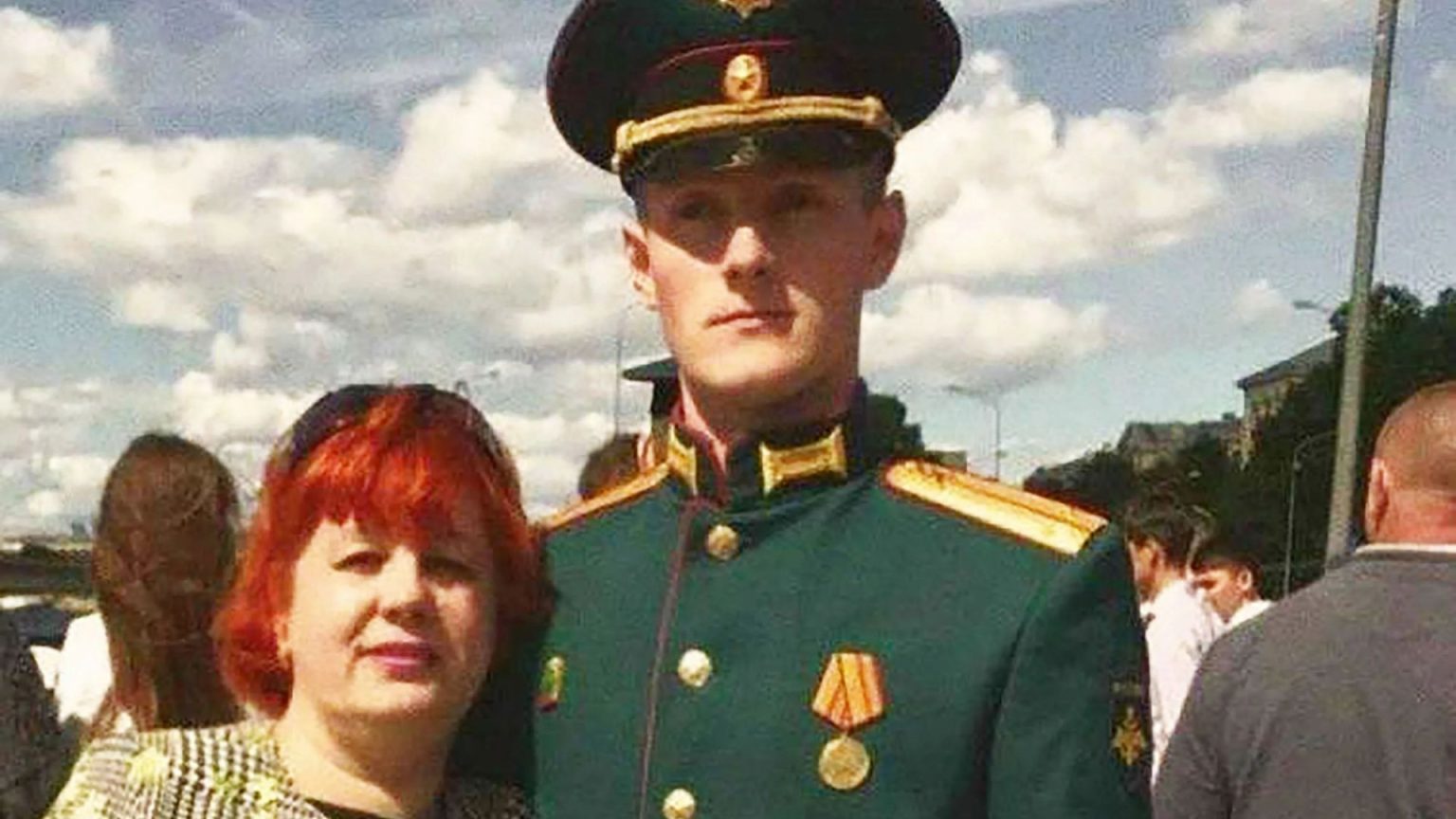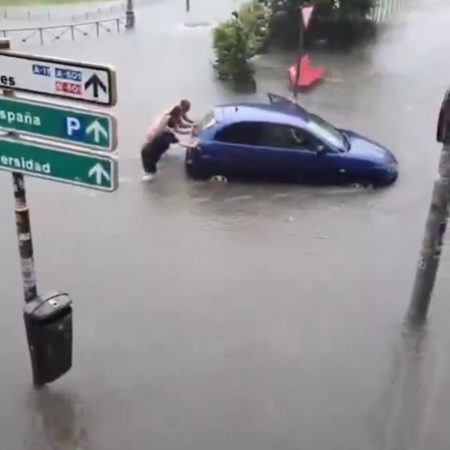Paragraph 1: Ukraine Targets Russian Missile Commander in Retaliatory Strike
Ukraine has claimed responsibility for a strike targeting a high-ranking Russian missile commander, Captain Konstantin Nagayko, in Russia’s Ivanovo region. Kyiv alleges Nagayko played a key role in the October 2023 missile attack on a Kharkiv cafe that resulted in the deaths of 59 civilians. Ukrainian military intelligence reports paint a grim picture of Nagayko’s condition, describing him as being in critical condition with extensive injuries to multiple organs, including the brain. He reportedly underwent emergency surgery, including skull trepanation. Ukraine accuses Nagayko of war crimes, making him the latest target in a series of strikes aimed at top Russian military figures.
Paragraph 2: Escalating Drone Attacks Target Strategic Russian Infrastructure
The attack on Nagayko follows a surge in drone strikes by Ukraine, including a significant assault on the Ust-Luga commercial seaport near St. Petersburg. This attack is considered one of the most intense drone assaults since the war began. Ust-Luga is a crucial shipping hub for fuel that supplies Russian forces, and the strike caused a large explosion and subsequent fire. The attack also prompted flight restrictions at Pulkovo Airport in St. Petersburg. Russia’s Defence Ministry confirmed the downing of multiple drones across several regions and vowed retaliation for Ukraine’s use of American-made ATACMS missiles in attacks on Russian territory.
Paragraph 3: Alleged Ukrainian Assassinations and Russian Response
Russia accuses Ukraine of conducting a series of targeted assassinations of key figures within Russia. One such incident involved the death of General Igor Kirillov, who was killed by a bomb planted on his electric scooter outside his Moscow apartment. While Russia’s FSB claims Ukrainian involvement and points to a suspect offered payment and European passports, Ukraine denies any involvement in Kirillov’s death. This incident comes amidst a pattern of escalating tensions and violence between the two nations.
Paragraph 4: Further Allegations of Ukrainian Assassinations
Several other incidents further fuel the accusations of Ukrainian assassinations targeting prominent figures in Russia. The 2022 car bomb attack that killed Darya Dugina, daughter of influential political philosopher Alexander Dugin, remains a point of contention. Similarly, the 2023 bombing of a St. Petersburg café, which resulted in the death of military blogger Vladlen Tatarsky, adds to the list of attacks attributed to Ukraine. Daria Trepova, who allegedly handed Tatarsky a bomb-laden figurine, faces a lengthy prison sentence. These incidents contribute to the escalating narrative of covert operations and retaliatory actions between the warring nations.
Paragraph 5: Targeting Russian Naval Officer and Fitness App Tracking
Adding to the list of suspected assassinations is the case of Russian naval captain Stanislav Rzhitsky, who was shot dead while jogging in Krasnodar. Reports suggest a hitman tracked Rzhitsky using a popular fitness app, raising concerns about the vulnerability of personal data during wartime. While Ukrainian involvement is suspected, concrete evidence remains elusive, leaving the incident open to speculation. This incident underscores the increasingly sophisticated methods employed in the ongoing conflict and the blurred lines between conventional warfare and targeted assassinations.
Paragraph 6: The Evolving Landscape of the Conflict
The attacks on Nagayko, the Ust-Luga port, and the alleged assassinations highlight the evolving nature of the conflict between Russia and Ukraine. The war has expanded beyond traditional battlefields to include targeted strikes on individuals and critical infrastructure deep within Russian territory. These actions suggest a shift in Ukraine’s strategy, possibly aimed at disrupting Russian logistics, demoralizing its leadership, and demonstrating its ability to strike within Russia’s borders. The increasing use of drone technology and the potential exploitation of personal data through fitness apps further underscore the complex and technologically advanced nature of the ongoing conflict. The potential for escalation and further retaliatory actions from Russia remains a significant concern.











